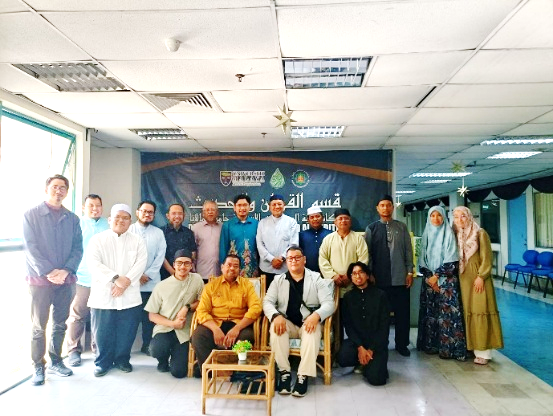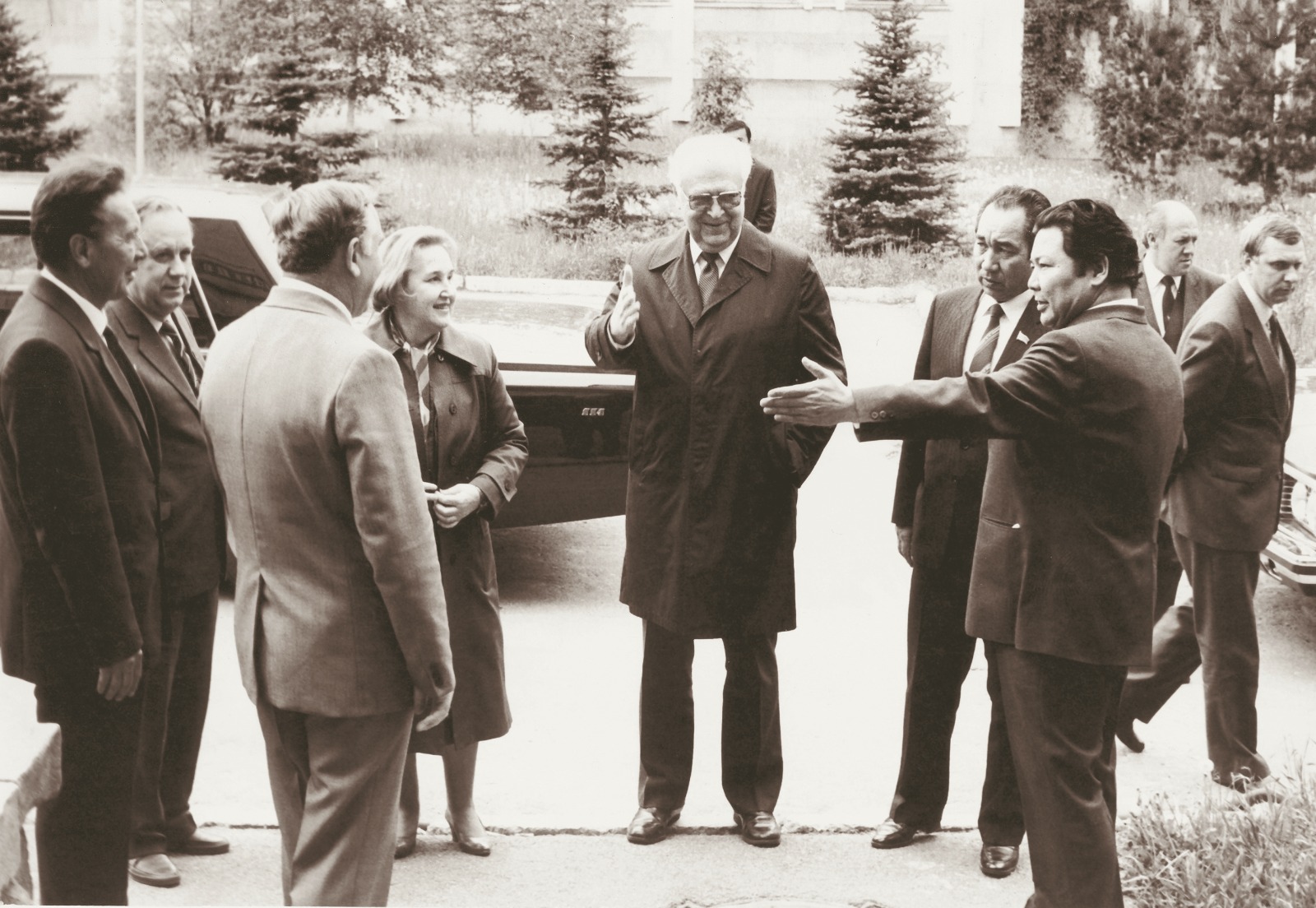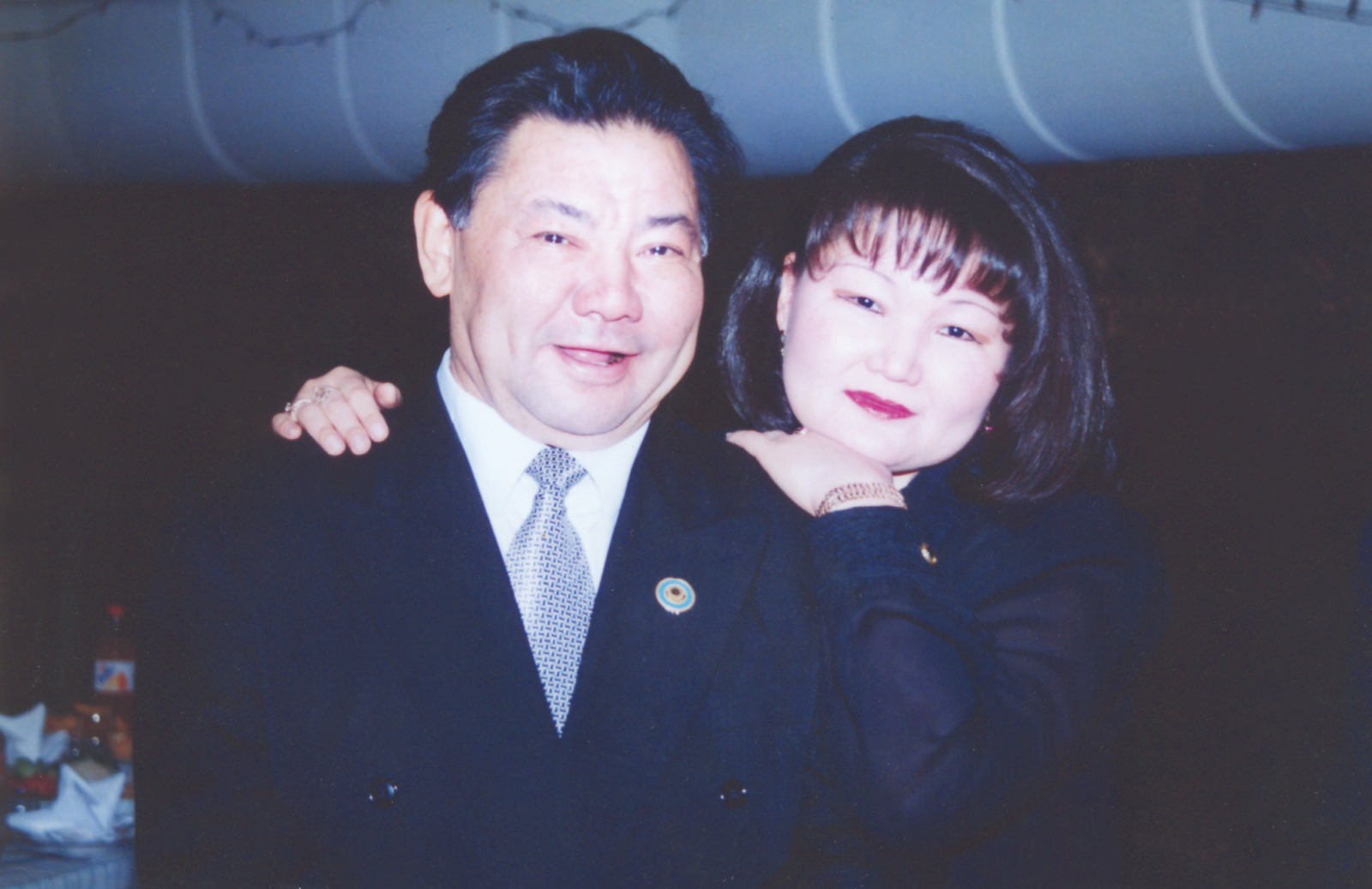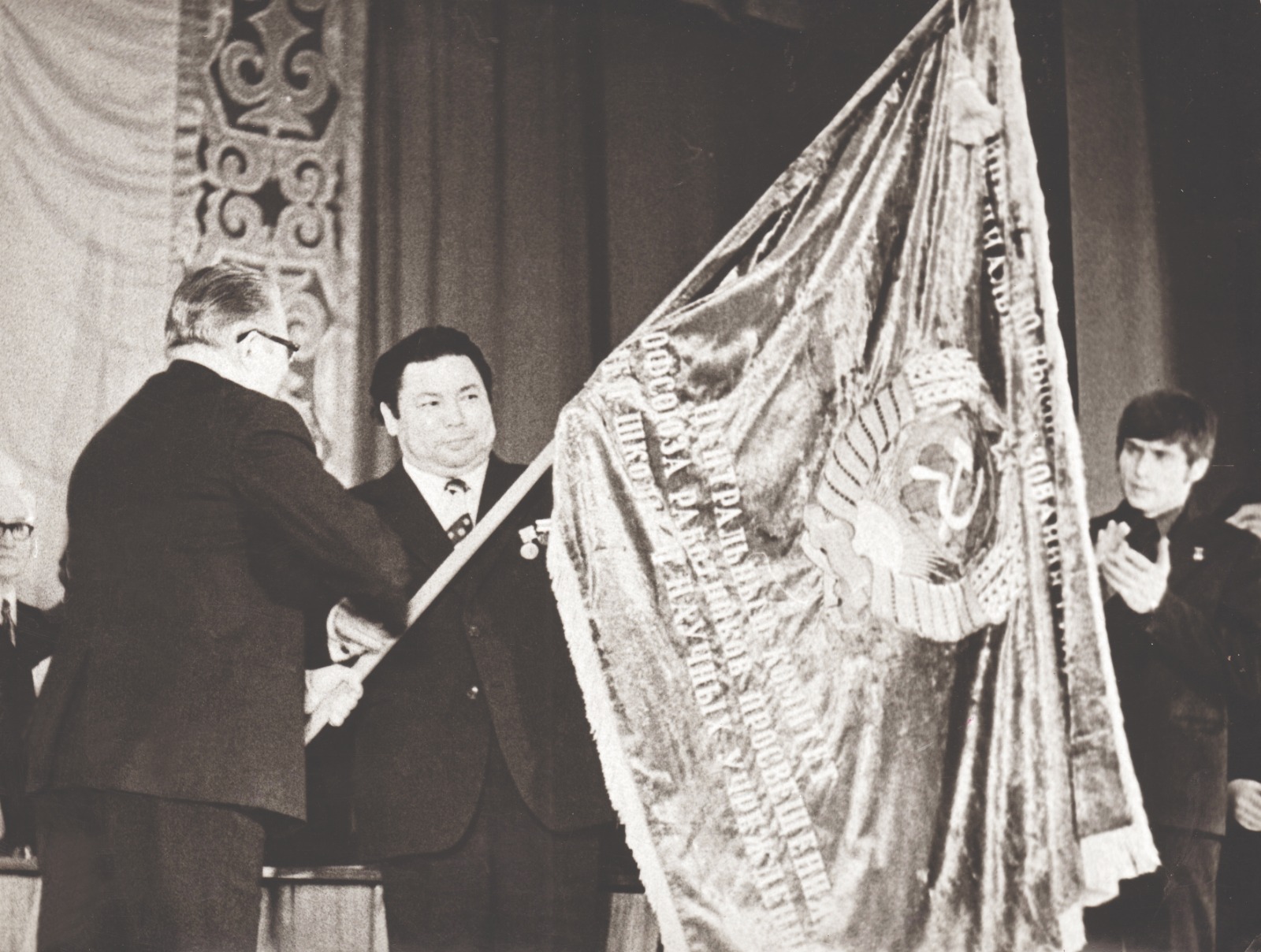The works of scholars from Kazakh lands have been studied in Malaysian libraries

From July 26 to August 9, 2025, as part of the scientific project AP22686474 "Anthology of Arabic-language sources of the Kazakh thinkers in foreign archives," project leader Azamat Shutbayevich Zhamashev conducted a research trip to Kuala Lumpur, Malaysia, located in Southeast Asia. Research was carried out in libraries with manuscript collections, and important cultural centers were visited. We exchanged views with qualified specialists and researchers.
The purpose of the visit is to thoroughly study the contribution of Kazakh scholars to Islamic civilization and culture based on materials from Malaysian scientific libraries and archives, to participate in seminars, and to prepare materials for inclusion in the anthology.
The International Institute of Islamic Thought and Civilization (ISTAC), the International Islamic University of Malaysia (IIUM), and the Syed Muhammad Naquib al-Attas Library jointly began creating an online database in 2012. By 2017, 8,216 manuscript versions had been registered. The Syed Muhammad Naquib al-Attas Library contains a total of 20,000 volumes of manuscripts. During our library research, we thoroughly studied the catalogs and collected information from the manuscripts of scholars such as Al-Farabi, Al-Kardari, and Al-Zarnuji. We spoke with specialists from the library of the International Institute of Islamic Thought and Civilization, examined the preserved artifacts, and agreed on future cooperation.
With the assistance of the project consultant, Doctor of Philosophy Science, Prof. Ainura Durbelinovna Kurmanaliyeva, we met and talked with the Dean of the Academy of Islamic Studies of the University of Malaya (APIUM), editors of scientific journals established by the departments, as well as professors and lecturers from the Department of Islamic History, Civilization and Education, and discussed opportunities for collaborative work.
Towards the end of the business trip, I was invited by the professors of the Quran and Hadith Department to give a lecture on the topic "History and Development of Hadith Science in Kazakhstan." I spoke about the contributions of scholars from Kazakh lands, including hadith scholars, to science and culture that were covered by the project, and we discussed this topic with the professors and lecturers of the department.
In conclusion, the main result of the visit was the analysis of the surviving heritage of scholars from Kazakh lands in Malaysia. Among the libraries, we studied several manuscripts of Farabis, Al-Kardari, and Al-Zarnuji's works from the collection of the International Institute of Islamic Thought and Civilization and concluded that modern published research works can be found in all major libraries.



